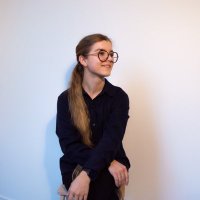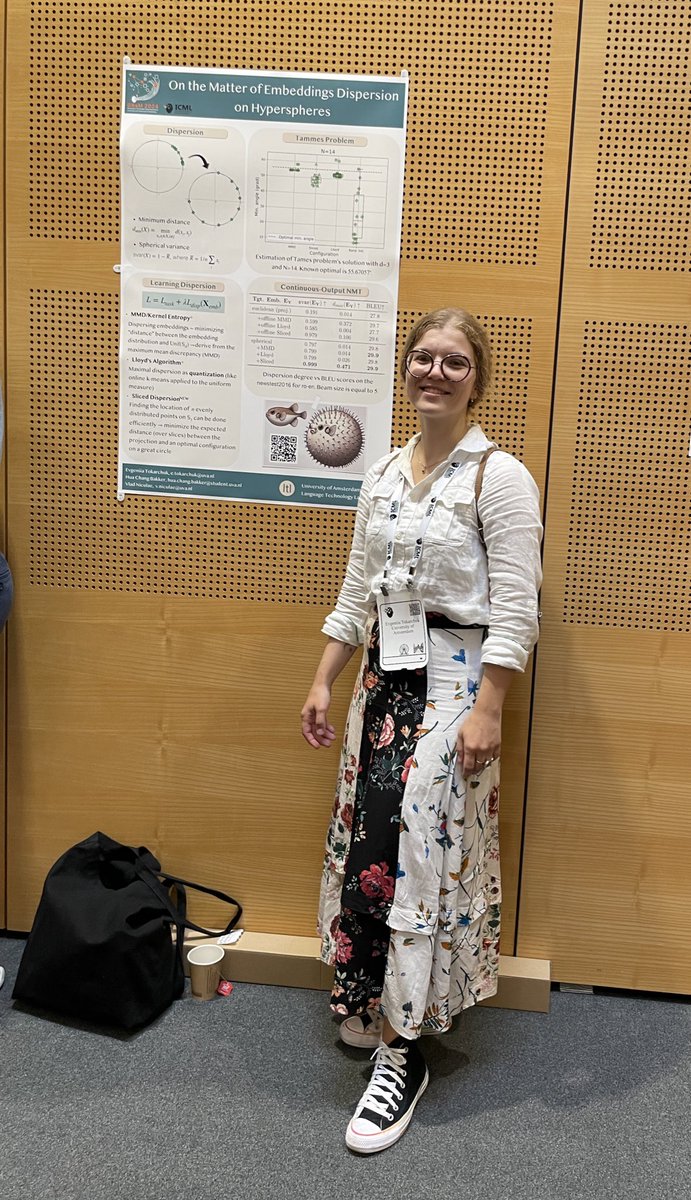
LTL-UvA
@ltl_uva
Language Technology Lab @UvA_Amsterdam
ID: 1598376098538131488
https://ltl.science.uva.nl 01-12-2022 17:59:35
40 Tweet
61 Takipçi
124 Takip Edilen

Come check our poster tomorrow at GRaM Workshop at ICML 2024 ICML Conference if you want to discuss dispersion of text embeddings on hyperspheres! 27.07 at Poster session 2. #ICML2024


Inspiring day at GRaM GRaM Workshop at ICML 2024 workshop! My only complaint: too short! I want more! 😁 Thanks to organizers for such a great experience ❤️ Amazing talks (personal favorites by Nina Miolane 🦋 @ninamiolane.bsky.social and by Joey Bose), great posters and panel session I genuinely enjoyed. #ICML2024




Just returned from MT Marathon 2024 in Prague - thanks to Institute of Formal and Applied Linguistics for organising a great week! Between the insightful talks and collaboration on a mini research project, I presented a poster of my recent work. And of course, we explored the sights of Prague too - in 30°C heat!








Our work “Can LLMs Really Learn to Translate a Low-Resource Language from One Grammar Book?” is now on arXiv! arxiv.org/abs/2409.19151 - in collaboration with David Stap, Di Wu, Christof Monz , and Khalil Sima'an from ILLC and LTL-UvA 🧵


LTL News: Happy to announce that Seth's paper got accepted by ICLR (spotlight) 🥳Seth Aycock Paper Link: arxiv.org/abs/2409.19151










